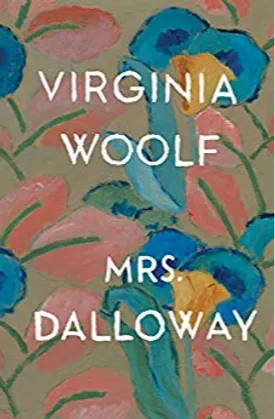Virginia Woolf
Virginia Woolf is one of the most iconic and influential authors of the 20th century. Her writing was at the heart of the modernist movement and her stream-of-consciousness style has been cited as an influence by many other writers since. Woolf was known for pushing the boundaries of traditional narrative with her groundbreaking works. Her writing was marked by her feminist viewpoint and her commitment to exploring mental health and the nature of identity.
Woolf was born in London in 1882. She was the third of seven children born to Leslie and Julia Stephen. Her father was a literary critic and journalist and her mother was a renowned Victorian author. Woolf grew up surrounded by artists, writers, and intellectuals and her home was frequently visited by visitors, many of whom were critically acclaimed authors. This environment fostered Woolf’s passion for literature and gave her the education she needed to succeed as a writer.
Woolf published her first novel in 1915, The Voyage Out. Writing under her pseudonym “Virginia Stephen”, it didn’t receive critical success. However, her second novel, Night and Day (1919) was praised for its exceptional writing and was a major commercial success.
Woolf’s writing, however, is best known for her stream-of-consciousness writing style. She made her mark as a modernist writer with her masterpieces To the Lighthouse (1927) and Mrs. Dalloway (1925). With these books, Woolf explored mental health in her exploration of characters and created characters complex internal monologues as she revealed their thoughts, feelings, and memories. Woolf also used shifting perspectives to explore how characters developed and how they were affected by their environment.
In addition to her work as a novelist, Woolf was also an essayist and a feminist. She wrote passionately on political and social issues, in particular those related to women. Her essay “A Room of One’s Own” (1928) has become an iconic feminist text in which she argued passionately for an education and intellectual freedom for women.
Sadly, Woolf committed suicide in 1941 at the age of 59. While her death is a tragedy, her legacy carries on in her works and in the hearts of readers everywhere. Through her works, Woolf explored identity and mental health and illuminated the depths of human experience. She has gone down in history as one of the most important modernist authors and her work continues to be studied and enjoyed to this day.



